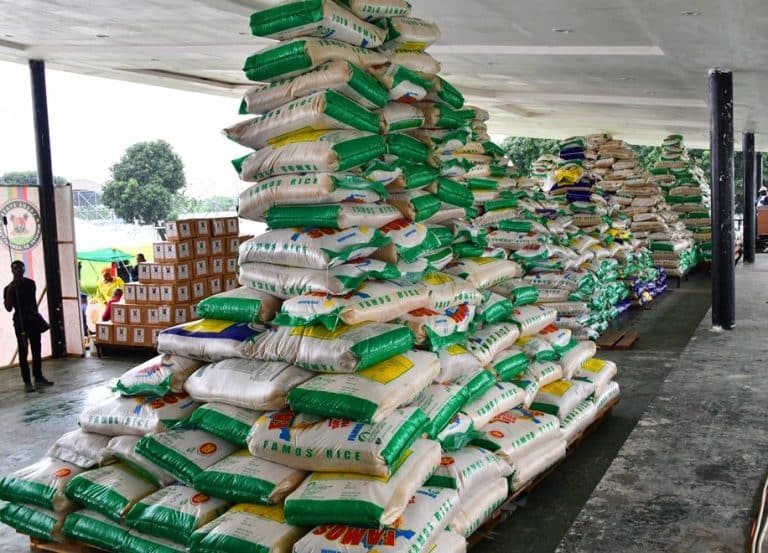The Nigerian government’s plans to lower food prices by removing taxes and import duties on basic food items are facing significant setbacks. The average price of imported food rose to 878.3 in September 2024, a worrying increase reflecting ongoing economic challenges.
In July, the government announced a 150-day duty-free import window for essential commodities like maize, rice, wheat, and cowpeas. However, almost three months later, the initiative has stalled due to bureaucratic delays. The Ministry of Finance has yet to publish the list of qualified importers, a key step in the process.
At a recent press conference, Finance Minister Wale Edun mentioned that the government had ordered maize and wheat imports to stabilize the market. However, implementation remains slow, and food prices continue to rise.
The National Bureau of Statistics (NBS) recorded a 30.6-point jump in food prices from August to September 2024, marking a year-to-date increase of 26.81%. This rise highlights the country’s growing reliance on imported food amidst domestic shortages.
Despite efforts to ease food inflation, the trend continues, leaving both consumers and policymakers concerned.
